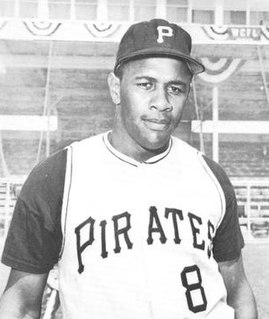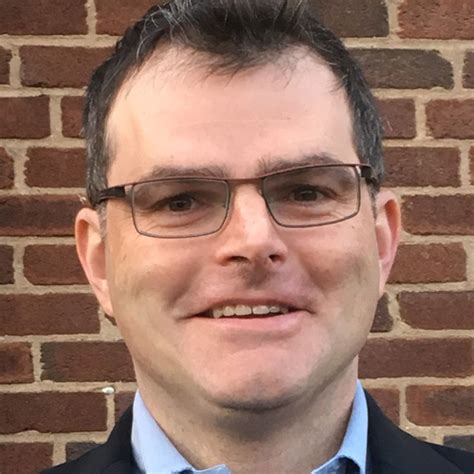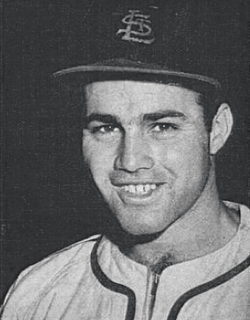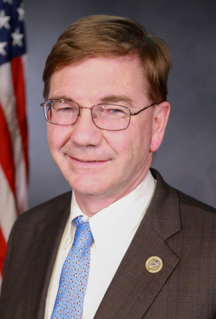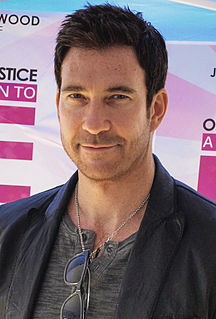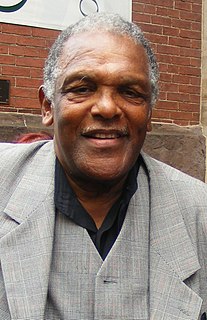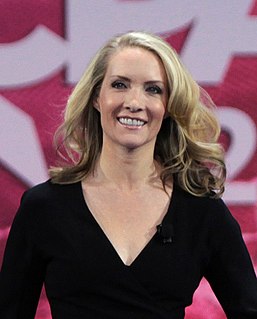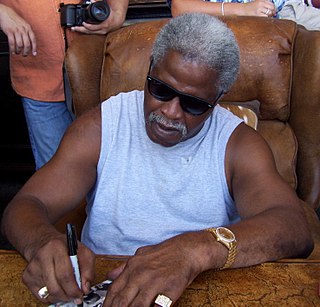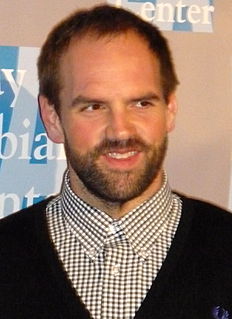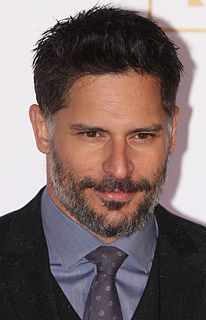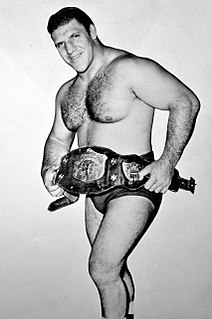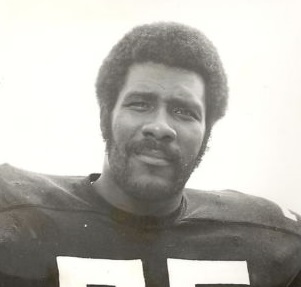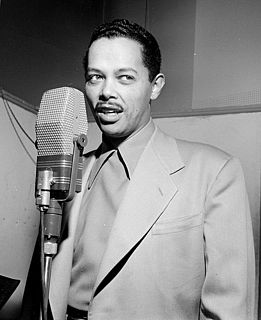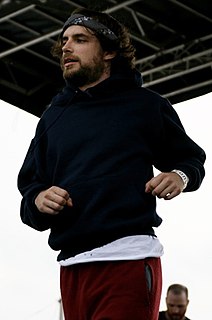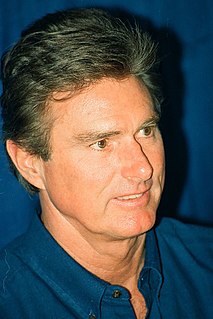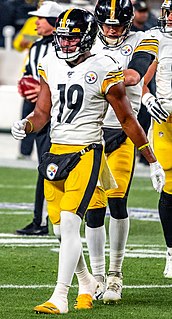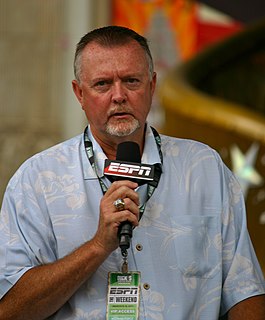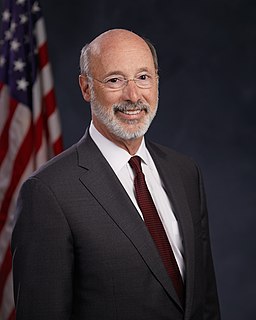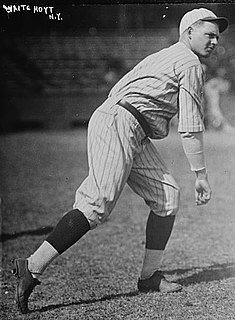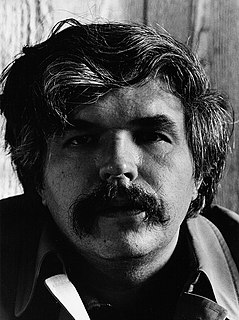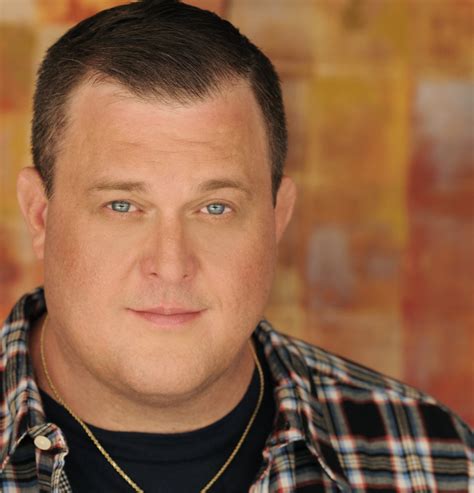Top 293 Pittsburgh Steelers Quotes & Sayings - Page 5
Explore popular Pittsburgh Steelers quotes.
Last updated on November 12, 2024.
I was born in St. Louis and lived in Pittsburgh for a bit, before my family moved to Nigeria, where they're from. We lived there for three or four years and came back to the States when I was about ten. I realised that I'd gone from place to place not fitting in. The thing that helped me fit in when moving around and not having a ton of friends was that I could make art. That was the through-line.
Assuming that a tax increase is necessary, it is clearly preferable to impose the additional cost on land by increasing the land tax, rather than to increase the wage tax - the two alternatives open to the City (of Pittsburgh). It is the use and occupancy of property that creates the need for the municipal services that appear as the largest item in the budget - fire and police protection, waste removal, and public works. The average increase in tax bills of city residents will be about twice as great with wage tax increase than with a land tax increase.
There are a couple people who have complained on other teams about some of the things that Pittsburgh players have done. Some of that goes in the category of gamesmanship. Some of that goes to the fact that we need to be vigilant as a league to make sure that players aren't unnecessarily and inappropriately hurt.
I was invited to L.A. when I was 16 for a weekend-long songwriting session by a writer I had met through my voice teacher in Pittsburgh. My first hit, 'Hide Away,' was one of the songs written during those sessions. It was played for a radio rep who then started a new label; the song got a pretty organic start at radio and then took off.
My first baseman is George "Catfish" Metkovich from our 1952 Pittsburgh Pirates team, which lost 112 games. After a terrible series against the New York Giants, in which our center fielder made three throwing errors and let two balls get through his legs, manager Billy Meyer pleaded, "Can somebody think of something to help us win a game?" "I'd like to make a suggestion," Metkovich said. "On any ball hit to center field, let's just let it roll to see if it might go foul."
I believe that Ryan Murphy is a genius. His instincts remind me of Andy Warhol. I recently went to the Warhol museum in Pittsburgh, and you can see a lot of echoes of Andy in Ryan’s work. Like Andy, Ryan’s finger is so on the pulse of culture that he’s ahead of culture. Their aesthetic and their vision of the world are very similar.
The woman is not just a pleasure, nor even a problem. She is a meniscus that allows the absolute to have a shape, that lets him skate however briefly on the mystery, her presence luminous on the ordinary and the grand. Like the odor at night in Pittsburgh’s empty streets after summer rain on maples and sycamore.
We felt that as blacks there was a quota. We used to talk with other blacks on other clubs. There was a way they use to do it called stacking. If you had five halfbacks instead of one being a left halfback and one being a right halfback then you would stack them all at left and let them cut each other. It kept the numbers down. A lot of them went to Canada. We would talk with guys on the other clubs including Detroit, Pittsburgh, Chicago, Cleveland, San Francisco and whoever. The numbers remained relatively about the same in the 1950's. They weren't carrying more then six.
The Flight 93 Memorial isn't that easy to get to. It isn't like the memorials in New York City or Washington, D.C., where you may go on a business trip or family vacation. No, in order to get to Shanksville, PA, you fly to Pittsburgh, make your way through the traffic and onto the highway that takes you through the beautiful wooded countryside.
There are certain neighborhoods in America like that - like in Pittsburgh, where I'm from - where people wouldn't think it's even livable for human beings. Those are the areas that I connect with because I come from places like that, and I just think it's interesting how the rest of the world acts like it doesn't exist. But a lot of the best things come from there.
I was recruited by Pepsi and put out in Pittsburgh, and I worked in the bottling lines, and then I was sent on to Phoenix, Arizona, where I also drove trucks and I put up signs, Pepsi signage, and I was then sent on to Las Vegas for a month of training, and then I finally ended up in Milwaukee. So I got a really hands - on introduction to the soft-drink industry. I was so appreciative of the fact that I was able to not only learn a business through what I learned at business school, but I was able to learn it with hands-on learning. I'm a huge believer in hands-on learning.
We have to acknowledge that we can't look to manufacturing or natural resources to drive growth like we have in the past. Human capital, talent, and knowledge are our most important resources now. Every city has hidden seeds of opportunity waiting to be nurtured. Places like Detroit, Cleveland, and Pittsburgh are among my favorite cities. They have great universities, clusters of innovation across a range of industries, and pools of innovative and creative talent to build on.
I grew up in a steel town of Western Pennsylvania, outside of Pittsburgh, and when I announced for president, I announced from the factory floor. When I talk about making America the number one manufacturer again in the world, it's not just talk. When I talk about having the opportunity for people to rise again, it's not just because it polls well.
In a cross-cultural study of 173 societies (by Herbert Barry and L. M. Paxson of the University of Pittsburgh) 76 societies typically had mother and infant sharing a bed; in 42 societies they shared a room but not a bed; and in the remaining 55 societies they shared a room with a bed unspecified. There were no societies in which infants routinely slept in a separate room.
I've told so many stories to so many friends of mine. I have friends in Pittsburgh, in West Virginia, and in Indy. That's three different demographics of people, and they all laughed, so I assumed that if I find something funny and all my friends find something funny, I hope people everywhere will find it funny.
Kurt Angle, I knew he was from Pittsburgh and I knew his background very well and his amateur days and, of course, going to the Olympics and all that. When he went into professional wrestling, he was very good at adjusting and displaying a lot of great moves. It was something that the fans could look at a say, hey, that's wrestling.
I think if I lived in New York I would be really stressed out going out to a club and seeing a good DJ who's doing something on a similar level. I'm pretty critical of myself when it comes to the music. Maybe they're not doing as many samples or the samples aren't put together as specifically but it would stress me out to feel like I needed to be one upping someone. In Pittsburgh, I'm in my own world - I know I'm the guy doing this here.
I was in college - Carnegie Mellon, which is one of the reasons Pittsburgh was appealing to me - and I personally feel that whole world of what we used to call "college radio" is a big part of what kept me sane through a period where I stopped dating, I felt like a freak, I felt like no girl would like me. You know, a very adolescent response to losing my hair. I turned to obsessing about The Replacements and The Smiths and R.E.M. and getting further into The Velvet Underground. People who, in my sheltered suburban life, I knew of, but didn't know fully.
I grew up when one of America's greatest black playwrights, August Wilson, was writing about life in Pittsburgh, but I never saw myself in any of his straight-male plays. And then I see 'Angels,' which was so honest and painful, and it had this black drag queen in it, Belize, with a big heart. I finally had a character to relate to.
I believe that Ryan Murphy is a genius. His instincts remind me of Andy Warhol. I recently went to the Warhol museum in Pittsburgh, and you can see a lot of echoes of Andy in Ryan's work. Like Andy, Ryan's finger is so on the pulse of culture that he's ahead of culture. Their aesthetic and their vision of the world are very similar.
When I was in college at Carnegie Mellon, I wanted to be a chemist. So I became one. I worked in a laboratory and went to graduate school at the University of Pittsburgh. Then I taught science at a private girls' school. I had three children and waited until all three were in school before I started writing.
Pittsburgh, for a while, became a production centre. There was one $400 million year. Hollywood was bringing productions in there. Films like 'The Silence of the Lambs' and 'Innocent Blood.' So my guys, the guys I worked with, were able to have careers and live at home. But then it dried up, and a lot of my friends left.
You have to be in California in order to write or direct movies. People say, "Oh, I'm gonna do it from Pittsburgh. I'm just gonna deliver scripts or fly out, like, once, then fly back." You have to make a full commitment. You have to actually get on a plane, come to L.A., rent a place, and live there. And that's how you forge your career. Not just sort of haphazardly. Once you've got a few hits under your belt, assuming you do, then go back and move away and correspond with the studio.
I smoked and looked down at the bottom of Pittsburgh for a little while, watching the kids playing tiny baseball, the distant figures of dogs snatching at a little passing car, a miniature housewife on her back porch shaking out a snippet of red rug, and I made a sudden, frightened vow never to become that small, and to devote myself to getting bigger and bigger and bigger.
One curve I'll always remember was when I was pitching for Pittsburgh. Terry Kennedy was a young player with St. Louis. I threw him an 0-2 curve and it snapped. Terry's reaction was to swing straight down, like he was chopping the plate with an axe. It was the last out of the inning. After I ran off the mound, I looked over at the St. Louis dugout. There were players rolling around on the floor, laughing. Poor Terry. I'll have to admit that was a hell of a curveball.
I grew up in Pittsburgh, where you couldn't even see the noon sun in the sky, and that whole city was cleaned up without the federal government needing to be involved. I think we would have been much better served from the start if people would have better understood the principles of private property.
When I was six or seven years old, growing up in Pittsburgh, I used to take a precious penny of my own and hide it for someone else to find. I was greatly excited at the thought of the first lucky passerby who would receive a gift in this way, regardless of merit, a free gift from the universe. . . . I've been thinking about seeing. There are lots of things to see, unwrapped gifts and free surprises. The world is fairly studded and strewn with pennies cast broadside from a generous hand.
I remember my mom threatening me, half-serious: 'You know what? I should take you to Pittsburgh and put you in dance lessons just to keep you occupied.' Well, that brought everything to a screeching halt. 'Jeeze, dance lessons.' In retrospect, it would have been awesome, but then, 'Ugh, dancing - dancing's for sissies.'
I went in, and there, in the front room, a converted bedroom, sat the first radio I had ever seen. The equipment was so bulky that it took up one entire wall of the bedroom. The set, which could send or receive signals, was tuned to KDKA in Pittsburgh, and I remember being completely flabbergasted at the thought of sounds coming from that box.
After wishing for years to be given-the-opportunity of filming some of the more 'mystical' occupations of our Times - some of the more obscure Public Figures which the average imagination turns into 'bogeymen'... viz.: Policemen, Doctors, Soldiers, Politicians, etc.: - I was at last permitted to ride in a Pittsburgh police car, camera in hand, the final several days of September 1970.
Pittsburgh has long sent more than our fair share of young people to defend this country, and our universities are already building the cyber-security workforce of the future. But the training can start earlier, and there is no better group of young people to help us get there than the students who choose JROTC.
